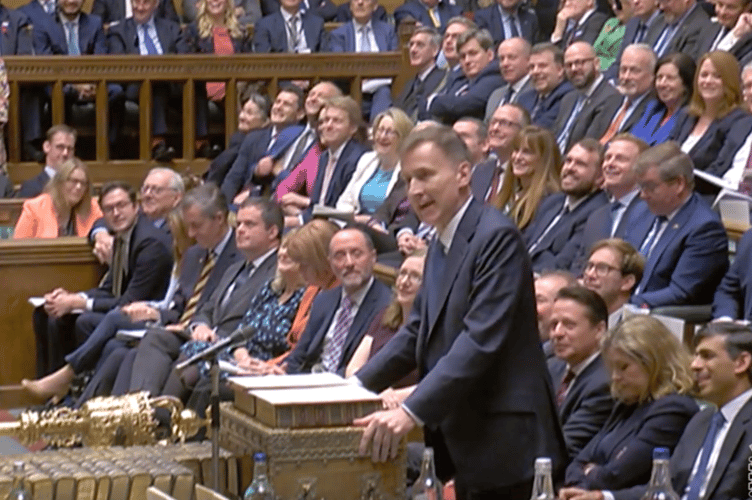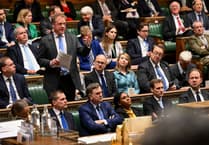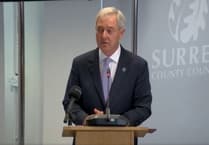The Autumn Statement is one of the most important days in the political calendar for any Chancellor, as well as for the government and country.
Inflation has been halved since the start of the year, so it was possible for me to turn to how to make sure we get the long-term growth of the British economy.
There were two main parts to this: supporting British businesses, including by encouraging investment in our economy, and rewarding workers.
My speech also had details about help for those feeling the pressure of the cost of living. There were 110 measures in total (too many to detail here!) but I thought I would highlight some of the big ones.
In the Spring Budget I had announced a tax relief called ‘full expensing’ to last three years. It may sound technical but basically means that businesses can get 25p back for every £1 they invest into machinery, IT, and equipment to support employees.
More than 200 CEOs wrote to me saying I should keep the policy beyond three years and I am really focused on increasing our productivity so that we can catch up and hopefully overtake countries like Germany on that measure. I therefore announced that full expensing would become permanent, which amounts to the biggest ever business tax cut. The OBR say it will increase annual investment by around £3bn each year, so it really is a significant measure.
I extended the Retail, Hospitality, and Leisure Relief and froze business rates, both of which will help over one million small businesses. For example, a typical independent pub will get around £11,800 off their final business rates bill. On top of that, I announced a freeze to all alcohol duty– I hope all of that will be a big boost for our local Surrey pubs and businesses.
It is also so important that people who work hard are rewarded for their efforts.
As a Conservative I believe this is not only crucial for the economy, as it encourages people to stay in work, but also morally right too.
I therefore announced a cut in the main rate of National Insurance from 12 per cent to 10 per cent, which means that 27 million working people across the country will pay on average £450 less tax next year. According to the OBR, this measure will fill 10 per cent of current vacancies as it encourages more people to return to work – so will have a massively beneficial impact.
On top of that, and the huge expansion of childcare that I announced in the spring, I announced a Back to Work Plan with my colleague Mel Stride, Secretary of State for Work and Pensions, and an increase to the National Living Wage to £11.44 per hour.
That means the incomes of those on the lowest wage will have increased by 30 per cent in real terms after tax since 2010.
Of course we need to continue to provide support for those feeling the pressure of the cost of living. We therefore protected the Triple Lock, meaning that from April the State Pension will be boosted by 8.5 per cent. We also increased working age benefits in full to help the 5.5 million households who receive Universal Credit, amounting to an extra £470 per year on average.
The Autumn Statement overall covered a whole range of topics: from reforms to pension funds to get more investment in the economy and the abolition of VAT on period underwear, to support for survivors of domestic abuse and funding for dementia research.
Taken together, the measures will halve our productivity gap with countries like Germany and the USA, get more people into work, continue to reduce inflation, and grow our economy. I really do believe they are exactly what we need at the moment– I hope you agree!





Comments
This article has no comments yet. Be the first to leave a comment.